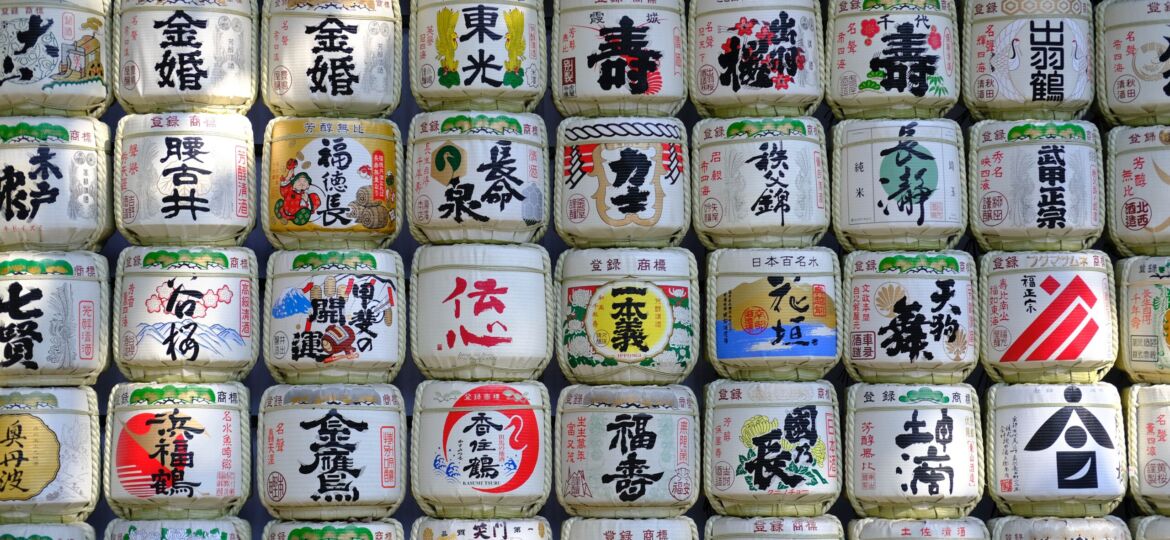
They adjust and shift to the surrounding factors and circumstances. Business strategies are implemented under different circumstances all with advantages and disadvantages.
Japanese business culture is uniquely fascinating in how it differs from most western businesses. Their business model works well for them but can be dumbfounding to those outside of the country. It’s nowhere near perfect, but understanding it can help you when doing business there.
Let’s look at a few noteworthy differences in business culture found in Japan.
The Global Gender Gap Report 2021, ranked Japan 120th in the world for gender equality.
In Japan, women are largely expected to quit their jobs when they get married, so they can become full-time housewives and stay-at-home caretakers. Often, promotions and upward momentum are hindered based on this expectation.
As such, Japanese companies have very few women in positions of executive power. The expectation for women to be homemakers is still very strong, so don’t be surprised if you find an exceedingly male-dominated workplace.
In the west, companies have embraced all new forms of technology. From phone calls to emails, text groups to video chat, the most current communications possibilities are commonplace.
However, this is not as common in Japanese companies. While a common joke is that fax machines still being ubiquitous in a Japanese office isn’t inaccurate, Japanese businesspeople place a high priority on face-to-face interactions.
These face-to-face interactions occur within a company and between companies. This is highly prioritized as it makes it easier to gain trust and build relationships.
The Japanese worker you see in the office and that same worker at the bar are two different people. Technically speaking, they are the working, but you accomplish different tasks with each of them.
Since Japanese people like to avoid confrontation as a whole, most often you will see Japanese businesspeople holding their disagreements, grievances, and even requests during official work hours.
However, after a few drinks, these build up come pouring out. In Japan, there is a time and a place for things. So, knowing what to say in a meeting, and what to let out later after a pint or two is crucial.
In the West, people work to live. However, in Japan people live to work.
This mentality is slowly changing, but it is undeniable how much emphasis is placed on an individual’s work life. The concepts ‘death by work’ shows the expectation of workers to treat their company as their family, more than their actual family.
Again, changes are being made to this work-life balance; however, compared to western nations, it can be jarring to see where the focus still lies.
Japan has the world’s best customer service. Whether you go to a high-end boutique or a fast-food chain, you can expect to be treated well. The saying goes that the customer is God, and this still holds.
In the West, customers and the service are considered to be on equal footing. Money is exchanged for a service, However, in Japan, extra service is given even before money is exchanged. Keeping the customer happy is paramount to maintaining a healthy relationship.
Within any Japanese business procedure, the conference room is a place to report progress rather than a place of discussion. Other countries use conference rooms as a place to discuss current projects and come to mutual agreements.

